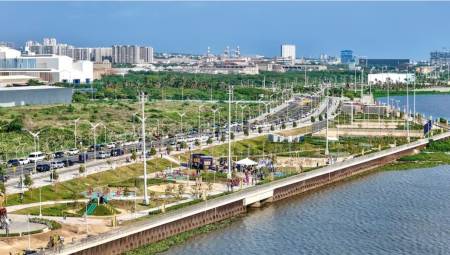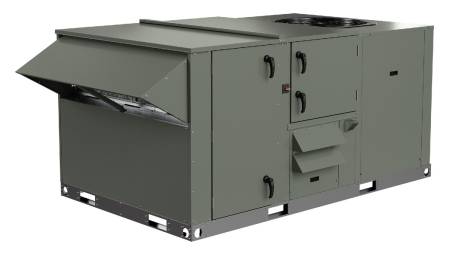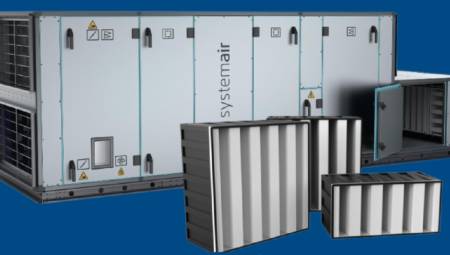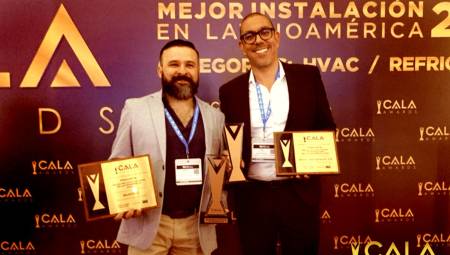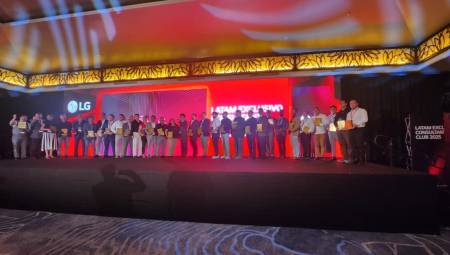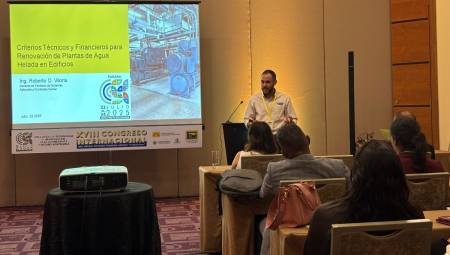International. LG Electronics reported a preliminary operating profit of approximately $460 million for the second quarter of the year, a figure that not only disappointed the market, but represented a 30% drop against the analyst consensus.
In an official statement, the South Korean conglomerate attributed the weak performance to several factors, including U.S. tariffs, which have increased operating costs and intensified competition in key sectors such as home appliances. The company also pointed to a decline in consumer confidence in its core markets and persistent geopolitical uncertainty in regions such as the Middle East, which has weighed on global demand.
LG Electronics shares fell as much as 3.9% after the publication of preliminary results, reflecting investors' concern about the impact of these external factors on the company's profitability.
Commitment to strategic segments
In response to the challenging economic and business environment, LG announced that it will focus its efforts on strengthening its divisions with the greatest growth projection: solutions for electric vehicles and heating, ventilation and air conditioning (HVAC) systems. These areas, according to the company, offer higher margins and stability in the face of the volatility that affects other lines of business more exposed to mass consumption.
The focus on HVAC is not new, but it becomes more relevant in this context. The company seeks to capitalize on the growing global demand for energy-efficient and sustainable solutions, especially in markets where environmental regulations and clean technology incentives are driving the renewal of HVAC equipment.
Additionally, LG Electronics projects a reduction in logistics costs for the second half of 2025, which could help mitigate some of the adverse effects recorded so far.
Despite the setback in its financial results, the company is confident that its diversification strategy and focus on high value-added technology sectors will allow it to recover ground in the remainder of the year.





